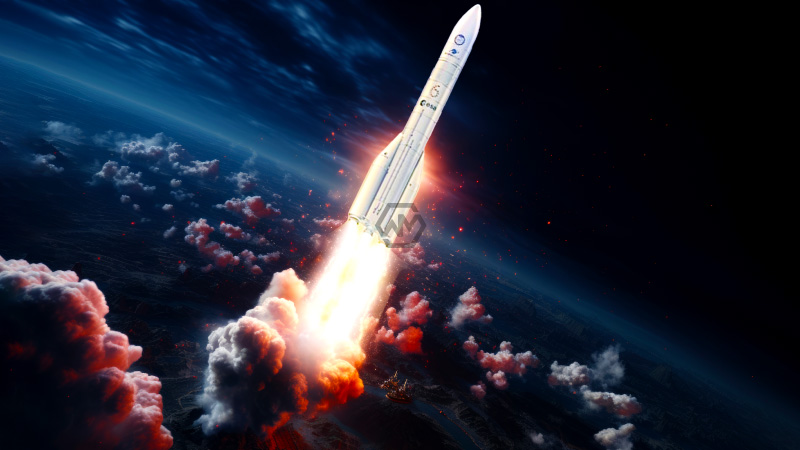- Beijing drafts rules for self-driving ride-hailing services.
- UK’s electric truck infrastructure needs investment.
- ITER nuclear fusion project faces delays.
China’s capital, Beijing, is on the verge of incorporating self-driving cars into its ride-hailing services. The government has published draft rules to gather public opinion, marking a significant step since the establishment of the country’s first high-level autonomous driving demonstration zone in 2020.
The UK’s Road Haulage Association has raised concerns about the country’s electric truck infrastructure. They argue that the lack of a public charging network limits electric trucks to short-haul routes as 70% return to depots for recharging.
Future of Transportation and Energy Innovations
The ITER nuclear fusion project in France has announced significant delays, pushing its completion to 2039. Despite being one of the most ambitious energy projects globally, it faces construction challenges that are slowing progress. This project aims to demonstrate the feasibility of fusion power, which could provide a nearly limitless and clean energy source.
In Beijing, the draft rules for self-driving cars in ride-hailing services represent a forward-thinking approach to integrating autonomous technology into everyday transportation. If approved, these regulations will pave the way for safer and more efficient urban mobility, reducing traffic congestion and potentially lowering emissions.
The UK’s electric truck infrastructure needs substantial improvements. The current reliance on depot-based charging restricts the operational range of electric trucks, impeding their effectiveness for long-haul transport. Investment in public charging stations is essential to support the broader adoption of electric trucks and to meet the country’s environmental goals.
Finally, the ITER project’s delays highlight the complexities and challenges inherent in developing nuclear fusion technology. While setbacks are part of such groundbreaking endeavors, the potential benefits of fusion energy—being virtually limitless and producing minimal waste—underscore the importance of continued investment and research in this field.
The ongoing advancements and challenges in technology, from autonomous vehicles to electric truck infrastructure and nuclear fusion, illustrate the dynamic landscape of innovation. Continued investment and regulatory support are essential to overcoming these hurdles and realizing the full potential of these technologies.
“The future belongs to those who believe in the beauty of their dreams.” – Eleanor Roosevelt



